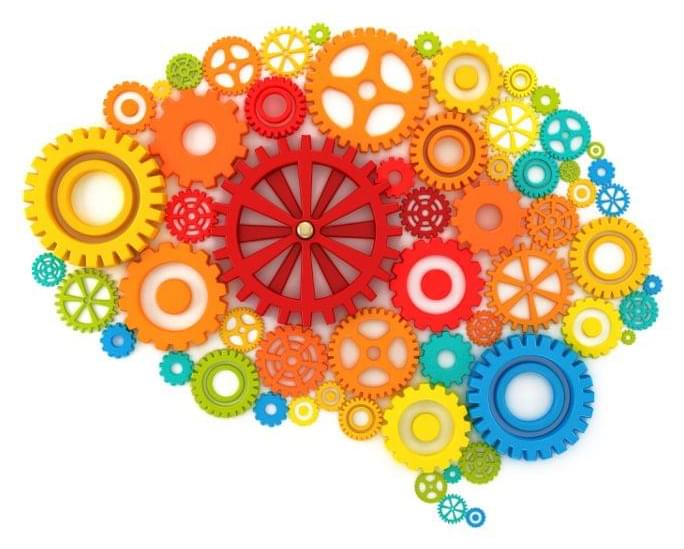Circa 2020
A team of chemists at McMaster University has discovered an innovative way to break down and dissolve the rubber used in automobile tires, a process which could lead to new recycling methods that have so far proven to be expensive, difficult and largely inefficient.
The method, outlined in the journal Green Chemistry, addresses the enormous environmental burden posed by tires, approximately 3 billion of which were manufactured and purchased worldwide in 2019. Most of those will end up in massive landfills or storage facilities, ultimately leaching contaminants into the ecosystem.
In 1990, a massive fire continued to burn out-of-control in a pile of 14 million scrap tires near Hagersville, Ontario. It continued for 17 days, spewing toxic smoke into the environment, and drove 4,000 residents from their homes. The fire has been linked to many long-term health issues, including rare cancers among the firefighters who worked on scene for days.







